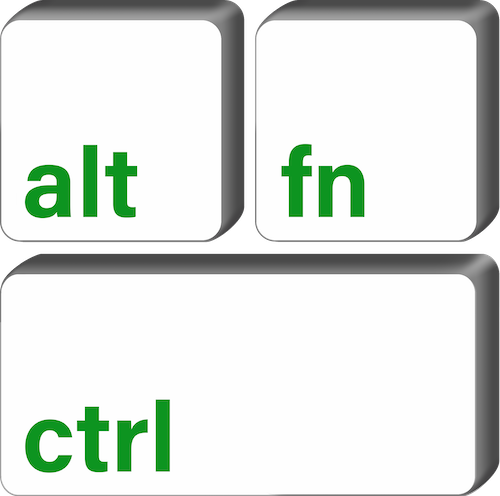Pirated Software & Your (Company) Data
Pirated software refers to a hacked version of a program.
For example, if you’re using a full version of Microsoft Word, Adobe Photoshop or any program that is downloaded off of a file sharing site and you didn’t pay a license fee to use it, that makes it a pirated copy.
There is no such thing as a free lunch. A full version of Microsoft Office Pro 2019 (Word, Excel, PowerPoint, Outlook) costs USD $380. A one-year subscription to Adobe Photoshop 2019 costs USD $120.
What’s the catch?
Even the most skilled programmers wouldn’t risk jail time to hack a program belonging to a billion-dollar business for free. While modifying the codes of the software, hackers could insert a line of codes that allows them to monitor one’s screen, turn on/off web cameras, or install a keylogger program to spy on the user and steal his personal data. These are just a few of the simple intrusions for a typical home user.
Gone are the days of “Macs do not get hacked.” Windows and Macs are equally hackable.
The more sophisticated viral malware could cause a disaster - spreading across the network to infect servers, other computers, mobile devices, printers, CCTV cameras, smart home IoT (Internet of Things) or any connected device that is on the same network, wireless or wired. Some infiltrations have caused small-to-medium businesses (SMB) to shut down for days, sustaining a loss of millions of dollars.
A while back, hackers aimed at big corporations. Recently the focus has been shifted to SMB. It makes sense. Most SMB lack the budget for expensive IT equipments that big corporations have. That translates to a less secure infrastructure and an easier to hack network.
How is pirated software related to personal data?
Personal data is where the jackpot is. It is said to be worth more than oil and therefore, it’s what hackers are after.
Our email addresses, friends or colleagues we communicate with, family we are related to, our online habits, files, company documents, client information, credit card numbers, date of birth, mother’s maiden name, website logins, application logins, financial transactions and so on, are some personal data that intruders want. Data such as this can be sold for a lot of money.
Other than personal data, there is the issue of privacy. While comments posted on social media websites like Facebook, Instagram, YouTube or forums may seem penniless, they provide researchers an indication of how one would think and react towards a certain subject - elections, gun laws, new shopping mall, car brand, organic supermarket, you name it.
This creates a market for personal data information and it’s an expensive one. If a firm is interested to open a mall in an area, it will want to find out how people would react to the idea.
Is pirated software really free? How valuable is your personal/company data?
Protect your computers and networks. Educate your users. Don’t know how? We do!

